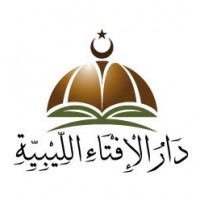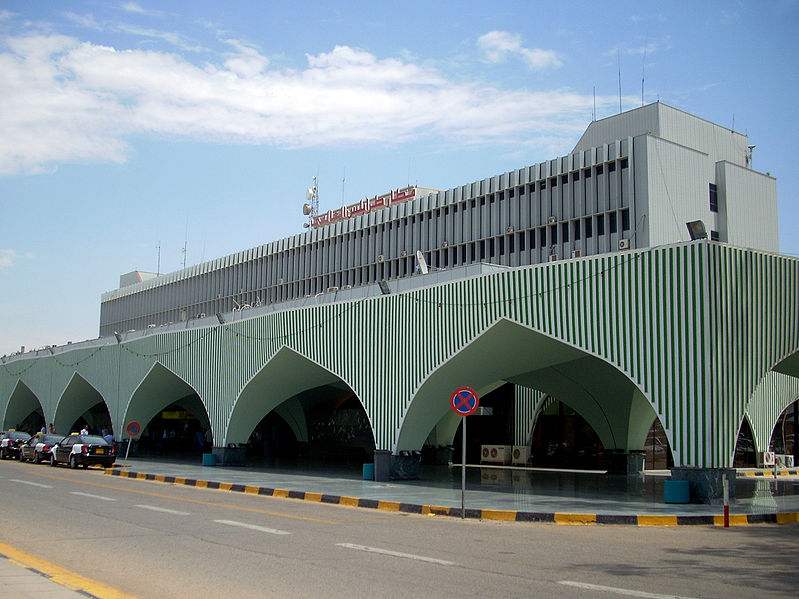By Aimen Eljali.
Tripoli, 12 September, 2013:
In a series of random interviews with members of the public in recent days, residents in . . .[restrict]the capital have been telling the Libya Herald of their frustration with the power and water cuts and of their views about those involved in politics.
Views are mixed, but despite demands from the Grand Mufti, Sheikh Sadek Al-Ghariani, and the Muslim Brotherhood-linked Justice and Construction Party that the government be sacked, there was far less hostility directed towards it and the Prime Minister than might have been anticipated given the present security crisis and lack of public utilities.
Nonetheless, there were demands that the government should go, such as that by a member of staff at the Wahda Bank, who said simply that her name was Asia.
“Zeidan has turned Libya into a charity organisation named The Libyan Zeidan Charity with his decision to sell Libyan oil to Egypt on easy credit terms,” she said. “Now Zeidan is selling Libya’s oil to Malta at low costs and giving reassurances to the Maltese that the costs of their electricity bills and petrol prices will fall starting from March of next year,.” Zeidan and the Oil Minister Abdulbari Arusi should be take to court, she said. “They should be charged with damaging Libya’s wealth.”
Others, too, called for the government to be dismissed but they were they were not in the majority and the criticism was far more widespread.
“No one can to cover up Zeidan and his government’s failings, its confusion and repeated contradictory statements,” said communications engineer Omar Ahmed Ammari. “But to blame him for the Congress’ failure would be falsehood and deviation from the truth.”
There appears to be greater public hostility directed at the Muslim Brotherhood, seen as a foreign organisation with an agenda serving Egypt.
“Libya is being run by different entities, some with interior agendas while others have foreign agendas,” said a librarian who did not want to be named. “None of them has anything to do with Libya except in their name. Because of it, it is very difficult to determine Libya’s future or even predict the outcome of the present situation.”
Kholoud, who works with an oil company, was more outspoken. “Following the fall of the Brotherhood in Egypt, Libya’s Brotherhood has rushed to issue decisions and measures to prevent the same fate in Libya. The toppling of Zeidan’s government is among these measures and were this to happen, we could expect a Brotherhood member running a government made entirely of Brotherhood members with the brigades as its military wing.”
Several respondents expressed the opinion that the public were being made fools of by the Brotherhood. They said they felt it trying to manipulate public opinion in order obtain support and sympathy, and that way take control of Libya’s assets to which they have no right. But Libyans were now aware of this, they said.
“Politics is a dirty game indeed”, said Wa’el Ali Jabir. “I am a social science teacher and would like to say, regrettably, that things have got way out of hand, because of all the fraud and disappointment we currently live in.” He claimed that members of the Brotherhood were dragooning children into their campaign against the prime minister.
“The first day of school, the Brotherhood took advantage of primary school children in the Tripoli district of Zawiyat Al-Dahmani to promote their ideas. Children were taken out of the classroom and made to stand by the side of the road waving banners with slogans calling for the removal of Zeidan from office in protest at his recent visit to Egypt and his meeting with the Egyptian Defence Minister, General Sisi.”
There has been no confirmation of his claim but ,whether true or not, it indicates a growing antipathy towards the organisation. [/restrict]










